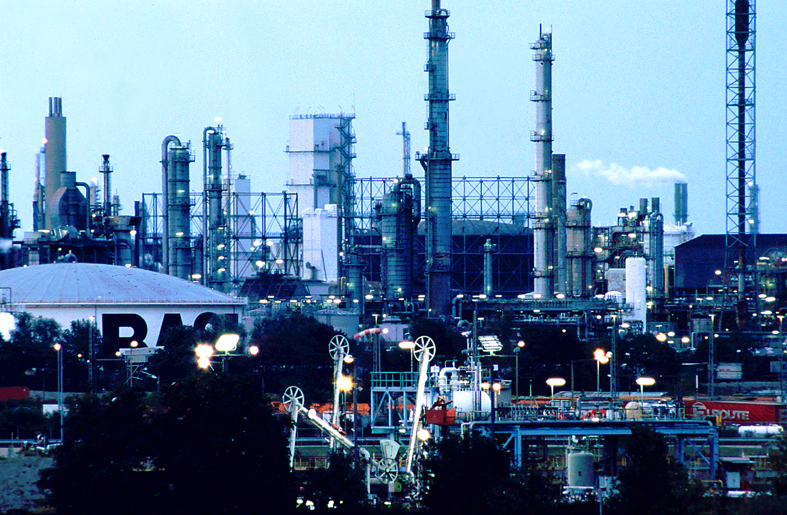
The sudden collapse of Germany's ruling coalition threatens to compound the economic challenges facing Europe’s largest economy. However, a glimmer of hope remains that a new
government might bring stability and clarity to policies that have long been plagued by political infighting.
The breakup comes at a critical time, coinciding with Donald Trump's return to the U.S. presidency, which raises fears of a potential trade war with Germany’s largest trading partner. Chancellor Olaf Scholz’s dismissal of Finance Minister Christian Lindner signals the end of his three-party coalition after months of discord. The political turmoil has eroded confidence in an already struggling economy burdened by high energy costs and declining competitiveness.
An economy in decline
Germany’s economy has been underperforming compared to the European Union average since 2021. It is forecast to shrink for a second consecutive year in 2024, making it the worst-performing nation among the G7 economies. Business investment and consumer confidence are expected to take further hits in the coming months. A recent survey revealed that a third of German companies plan to scale back investments.
Carsten Brzeski, global head of macroeconomics at ING, warns of a likely contraction in the fourth quarter, exacerbated by declining economic confidence. "The following quarter might also see further weakness, though a fresh government could potentially provide the much-needed policy direction," Brzeski added.
Uncertain path to recovery
Scholz’s minority government will likely remain in power until a parliamentary confidence vote scheduled for January 15. If unsuccessful, snap elections could follow in March. The Christian Democrats (CDU) currently lead in the polls, but no clear majority for either a center-right or center-left coalition has emerged, raising concerns that political gridlock may persist.
JP Morgan analyst Greg Fuzesi notes that any new government might face similar difficulties in achieving consensus. However, there is cautious optimism that a fresh administration could energize the economy. Holger Schmieding, chief economist at Berenberg, argues that "a new government with a clear agenda could provide a positive impulse."
Budget delays and spending constraints
Political instability has delayed Germany’s 2024 budget, which includes a growth package aimed at boosting GDP by over 0.5% in 2025. Without parliamentary approval, spending on critical projects may be postponed until mid-2025. Scholz has indicated willingness to negotiate with opposition CDU leader Friedrich Merz on key economic and defense measures, emphasizing that "our economy cannot wait until new elections are held."
The departure of Lindner, a proponent of strict fiscal discipline, might allow for increased public spending. Scholz has advocated for leveraging Germany’s relatively low public debt—projected at 64% of GDP in 2024—to stimulate growth without jeopardizing fiscal stability.
External threats and long-term outlook
Germany faces external risks, including Trump’s potential tariff policies, which could shrink its export-dependent economy by up to 1.5% in 2027 and 2028, according to a report by the German economic institute IW. These challenges, coupled with internal political uncertainty, suggest that the road to recovery will be fraught.
While short-term prospects appear bleak, Schmieding remains hopeful that a new government could prevent prolonged stagnation. "A contraction in GDP for 2025 is possible, but it’s not my base case," he said, expressing confidence in Germany’s resilience.
For now, the coalition collapse underscores the urgent need for political and economic stability in a nation grappling with its longest period of stagnation since reunification in 1990. Photo by Gerd W. Zinke, Wikimedia commons.








































